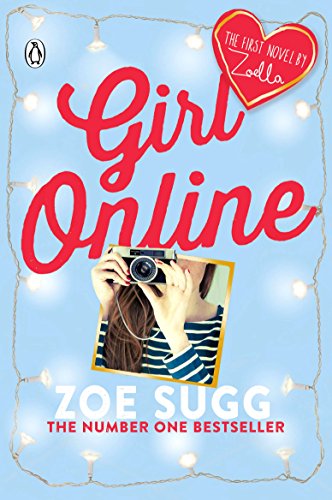
Perhaps it’s a way of simplifying things. Whether it’s historical periods, ideas or inventions, we like to link them all with one person. Monarchs are a shorthand for their time. Famous scientists are picked out of a tangle of piecemeal progress to stand for that progress. Isaac Newton for example, is famous for his scientific work, and also for his ruthless efforts to deny the efforts of others.
Then there’s the writer, the name that appears on a novel, or a collection of poems. Surely a book is not like seventeenth century science hi-jacked by Newton, or sixteenth century England, personified by Queen Elizabeth I. Surely a book is about individual creativity?
Well, no not really. A book has an author, which simplifies a complicated reality which involves a lot of people. To start with there’s the long suffering wife, husband or partner who might have lent financial support, manuscript reading time and ideas. Then if you’re lucky there might be editors, agents and beta readers, all feeding into this project which carries the author’s name like a kind of branding. Of course there are gradations, with someone like Emily Dickinson at one end of the scale – famously working in reclusive isolation – and Zoella at the other, who apparently chatted to an editorial team at Penguin, who then wrote her novel about a young girl who makes it big in the video blogging world.
However, even with contrast as stark as this, we have to be careful about making assumptions. The mythology of Emily Dickinson plays up her isolation, when in fact, for a recluse, she was extremely sociable – it’s just that she tended to carry out her relationships with people via letter. About a thousand of her letters survive, although this is probably only one tenth of the total. One of her favourite correspondents was sister-in-law Susan Gilbert, who according to biographer Wendy Martin offered friendship, advice, and editorial suggestions. Emily Dickinson did not work in isolation. Writing is communication and you simply cannot do it alone.

.
And that brings me sadly, to politics. Writers do not work alone, and neither do politicians. While a writer bigging themselves up might be annoying, the idea of the great individual can be positively damaging when someone in politics starts seeing themselves as some kind of superhero. Governments are huge organisations involving thousands of people. It is damaging when one person begins to think they are more important than the institutions that provide the stability of government. In the UK, prime ministers ask you to elect them because they will give strong leadership, as though that is the key to success. This is simply not true. In fact, you could say the opposite is true. A truly successful country has strong institutions that protect against the vagaries of individuals.
Switzerland, for example, is one of the world’s most successful countries. It also has a government designed to make sure that strong leadership concentrated on one person does not arise. The President of the Swiss Confederation is the presiding member of the seven member Swiss Federal Council. The person filling this role is elected for a one year term by the members of the Federal Assembly. The President chairs meetings of the Federal Council and undertakes representational duties, but does not have any powers beyond that of other members of the Federal Council. It is very unlikely that you know the identity of the current person holding the role of president – who when I wrote this article happened to be Doris Leutard – because the Swiss system does not seek to concentrate power in one person.

Doris Leutard – This photo is from the website of the Swiss Federal Chancellery
The Swiss government is the equivalent of an editorial team with Doris Leutard as the writer. Doris might write an article after reading and thinking about pieces written by other people. A partner will read early drafts over, make a few comments. Doris may then change some things. The fact that it’s got her name on the finished product should not deceive you.
If you are one of those unsung heroes who have helped a writer, leant an ear, read their stuff, made suggestions, given time and patience and received no recognition, this piece is dedicated to you.



